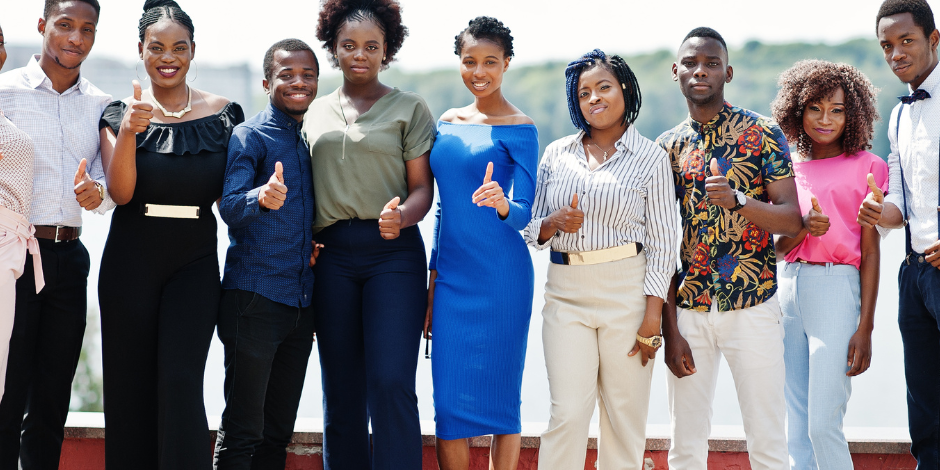The importance of community development, the process by which the people who live and work in a particular area are empowered to take control of their own lives and create the kind of community they want to live in, remains a critical focus around the world. There are many ways in which community development can be achieved, but one of the most effective is by reinforcing community capacities. This means supporting and promoting the skills, knowledge, and abilities of community members so that they can be actively involved in the development process, thereby reinforcing community capacities and leading to positive social, economic, and environmental outcomes for both individuals and communities.
What lasting effects does reinforcing community capacities have?
Reinforcing community capacities has a number of lasting effects and can be divided into three distinct categories: social, economic, and environmental. Socially speaking, empowering community members by reinforcing their capacity to participate in decision-making processes and form social networks leads to greater community engagement. This kind of engagement can result in a more cohesive society where individuals are better equipped to solve problems and meet collective goals.
Economically, reinforcing community capacity can lead to improved economic outcomes by stimulating local commerce and creating an environment that is friendlier to entrepreneurs. When individuals have access to greater resources and are encouraged to pursue their interests and passions, it can lead to a multiplicative effect that can benefit the wider economy.
Finally, reinforcing community capacities can also lead to positive environmental outcomes. By increasing local awareness and education, initiatives that encourage sustainable practices and conservation are more likely to be implemented, leading to better management of natural resources both in the short and long term.
The Areas of Focus: Societal Stabilizers
Reinforcing community capacities in primary areas of capacity building and education can lead to transformation for an individual and community. Capacity building, focusing on communication, collaboration, and setting achievable goals is critical for community members to be equipped with the skills necessary for decision-making, problem-solving, and community development. Education, or knowledge transfer, of formal and informal learning opportunities ensures the sustainability of continued growth.
Promoting social and economic stability
Community capacity building is critical for the global community because it helps develop and promote both social and economic stability. When the individuals within a community possess the capacity to make decisions that bring about positive change, the effects are far-reaching. Building strong local networks of informed citizens can contribute to the overall health and welfare of the global community. When the capacities of a local community are improved, the community gains more control over its own development, making it more resilient in the face of a crisis or the effects of global instability, ensuring that the community has access to essential services and is equipped to support its vulnerable populations.
Additionally, reinforcing community capacities encourages collaboration and partnership among multiple sectors, allowing for greater knowledge-sharing and problem-solving. This is especially important as recognizing the value of collective action and working together is essential when addressing global issues, such as climate change, inequality, and pandemics. Finally, empowering the community at the local level leads to increased trust in government, creating a more accountable and sustainable public system.
Get Involved
Getting involved and reinforcing capacity-building efforts in your local community is a great way for you to make a difference in your community. Here are some ideas for you to get started:
- Become well-informed about local and global issues that affect your community. Educate yourself and stay up-to-date on the latest developments and work towards a collective understanding of the issues.
- Encourage collaboration and partnerships in your local sector. Join or create a network or coalition to discuss shared concerns and develop practical solutions to tackle issues.
- Advocate for public policies that reinforce community capacity building and promote the achievement of the UN 2030 Global Goals.
- Connect with others globally and share your story and efforts with your local IIHS Regional Coordinator (visit our contact page).
Lasting effects on communities and beyond
Once a culture of building capacity has been established, it can have many positive and long-lasting effects on the community and beyond. By bolstering the capacities of local communities, more collective solutions can be generated to address social and economic challenges. When a community is empowered through increased capacity, it can develop systemic solutions that benefit a larger number of people. Reinforcing community capacities will also help a community become more self-sustaining and self-reliant where members are empowered to problem solve and create change.
Moreover, when a community is able to build its capacities successfully, it facilitates the exchange of ideas and resources between various stakeholders. This fosters greater civic engagement and social cohesion amongst the community members. Reinforcing capacity-building efforts also connects people to the larger community, providing them with opportunities to collaborate and take initiatives that impact the community on a larger scale.







